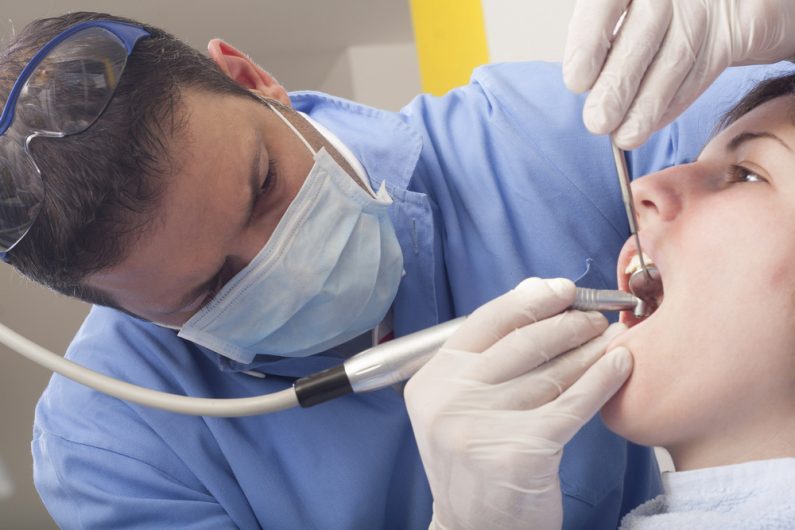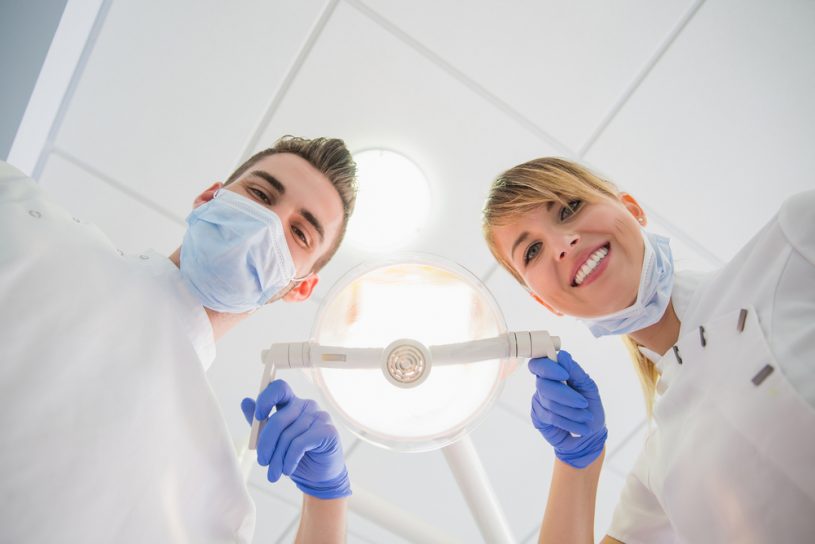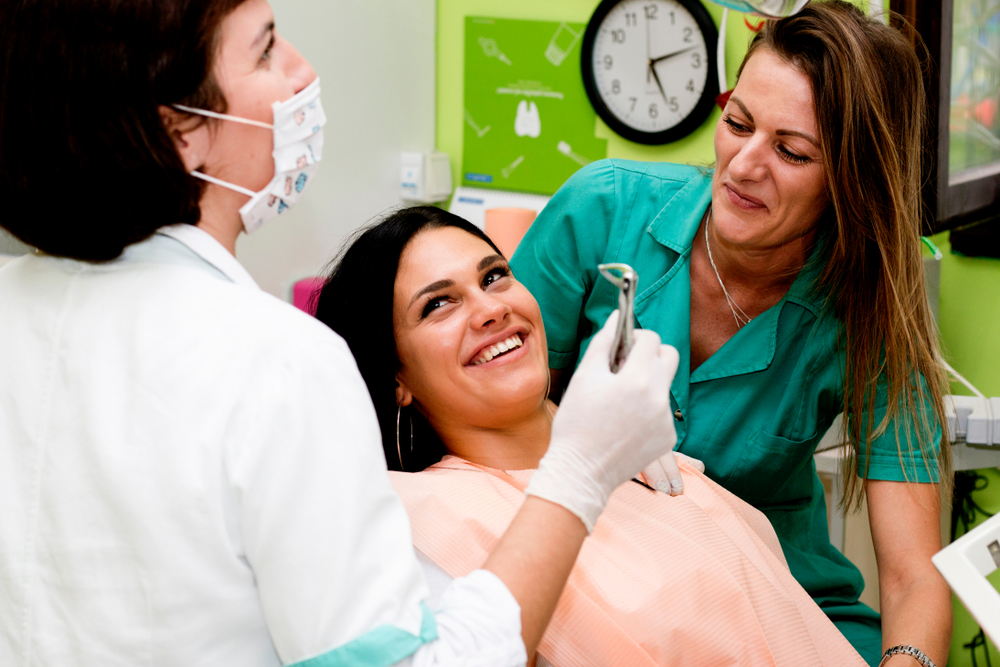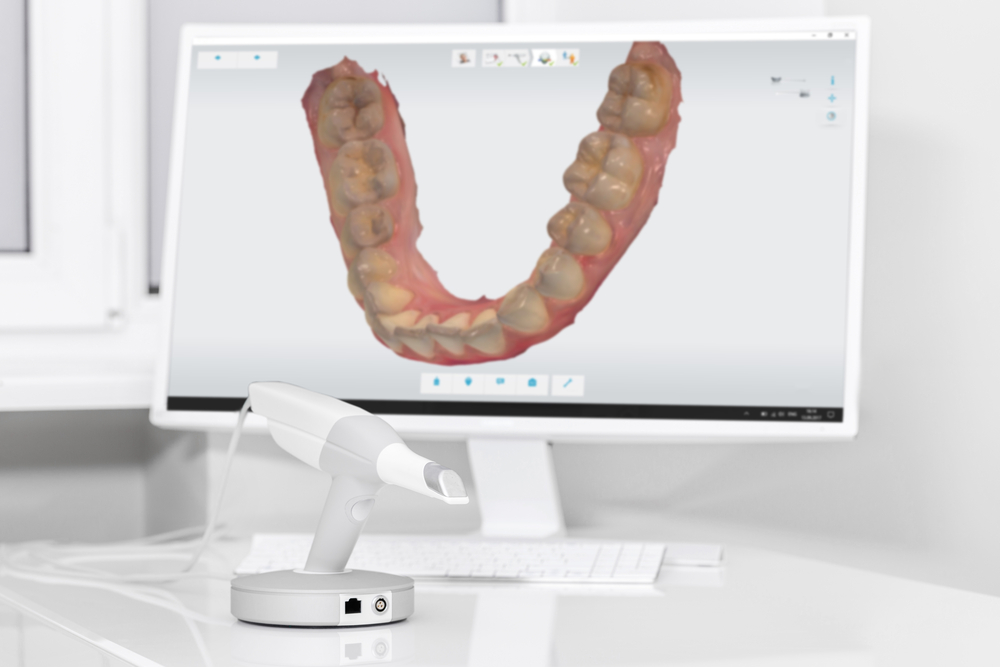What’s the likelihood of you researching or checking the reviews of a healthcare organization? Chances are they are pretty high. We treat healthcare organizations in a similar way we treat businesses who offer other kinds of services. There’s a way in which an organization should present themselves, respond, and treat us, and what our expectations are as a patient. Selecting a healthcare organization for their services has gotten more complicated than before and is influenced by their reputation based on reviews.
Even before we decide to see a healthcare specialist or professional, we are first trying to gather as much information we can which helps influence our decision. Patient experience has changed and now carries more weight than it has before. As healthcare providers and an organization within the medical field, we need to start focusing and acknowledging patient experience is a deciding factor that’s linked to the patient care they receive and patient’s expectancy. Discover why patient experience matters and how it can affects a healthcare organization.
Patient Experience
Patient experience is no longer being defined by just high-quality care; there are other factors that play into what is the patient experience. The factors that grade their experience on are:
- High-quality care
- High-value care
- Timeliness
- Personalization
- Convenience
- Compassion
- Courtesy
- Transparency/good communication
- Digital savvy (modern and current with time)
- Connection (follow-ups/patient relationships)
- Satisfaction of expectations
As patients we want more, if we are going to invest in our healthcare, we want to ensure we’re receiving the value of our investment. Aside from these factors listed above, we need to understand it can be more than checking the boxes; it’s about the “how” and the “feel.” What do we mean? Well, let us take a minute to reflect the last time we were a patient. Now, look back on how the medical professional and the medical support delivered their services to you and how it made you feel. The way we receive and feel about it when we’re treated as a patient is linked to the expectations we have and whether they are met or not. Most of our expectations of how something should be can alter the overall experience we have that’s why as a healthcare organization we should ensure we reflect and assess our environment, what we’re providing, and if our healthcare providers are contributing to the overall patient experience. We discussed briefly patient experience is carrying more weight than it has before and there is a reason for it.
Why Does It Matter?
In an age where there are more platforms to be expressive on such as Facebook, Twitter, Instagram, Google, or Yelp, we are receiving public feedback of our services, members and organization that is not only visible to us but everyone else. It matters that our feedback such as reviews and recommendations are public because not only do they represent patient experience but our reputation.
I asked in the beginning what the likelihood was of you to research or check reviews on a healthcare organization; this is why. As you know, healthcare services continue to rise due to advances and technology, and if we’re going to be investing money in our health, we want to get the value of our investment. The decision to choose a healthcare provider comes from what we know from others who’ve personally received their services or from what we’ve read online.
Did you know “97% of consumers look online for local businesses in 2017, with 12% looking for a local business online every day” (Bright Local)? It is a very high percentage which means the chances our healthcare organization is getting searched online is likely to happen before they decide on us as their healthcare provider. The public feedback we receive from our past, and current patients give others an insight into the experience they’ve had with us which helps build our reputation. However, they aren’t the only ones who contribute to our online reputation. We do too. Our reputation is something that grows slowly but can be easily broken the same way trust is. Our reputation is built on the good and the bad. It’s what precedes us.
So, what can we expect when patients’ express their good or bad experiences with others publicly?
Good Patient Experience
We always want to put ourselves in the shoes of our patients. When we have a better understanding of what encompasses the patient experience, the more likely we are to improve and enhance their experience with our services, staff, and our office. Good reviews and recommendations tell us a few indications about what is going on in our offices such as our staff being compassionate and courtesy, personalization, or good communication. Receiving excellent reviews helps impacts our clinic in 3 ways.
- Patient engagement – treating patients as individuals is most likely to promote involvement in their health and the outcomes of their health. It ties into the two factors of what makes up the patient experience: transparency/good communication and connecting with our patients (building relationships).
- Increase in revenue – we need to understand two things: “85% of consumers trust online reviews as much as personal recommendations” and “positive reviews make 73% of consumers trust a local business more” (Bright Local). Reviews are a significant influence in deciding whether people choose our business and to continue with our services. When we enhance the patient experience, we are most likely increasing customer loyalty and to receive positive reviews which can lead to new patients.
- Builds our reputation – patients can quickly go online to review, compare, and express their experience about our healthcare organization where they can develop insights of your services, staff, and clinic. Patience experience is what drives business towards our practice. When we receive good reviews and recommendations, they are enhancing our reputation as a healthcare organization and the experience we are providing to our patients.
Excellent reviews have positive impacts on our current and prospective patients and our practice. They help us build our reputation and help us evaluate what our staff and our offices are doing that our patients like and that we can continue to offer or improve on to make an excellent experience for them.
Bad Patient Experience
Even though we dread the bad reviews, they are inevitable. We can’t escape them, and we can’t ignore them. Bad reviews like the good reviews stem from the overall patient experience they received at our offices, not to mention that there is a higher chance you will receive word when a patient’s experience is not met. The patient will publicly share the situation, how they were treated, and how it made them feel. When we receive a bad review, it will impact our rating, reputation, and office overall. Receiving constant bad reviews can start to hinder our reputation and the trust we build with our patients. Bad reviews can
- Decrease revenue – when patients have a bad experience, they can sometimes select another healthcare organization to provide the services which in turn costs us a patient and any prospective patients who read and get influenced by their reviews. When a patient leaves us for another practice that money goes with them along with their trust.
- Impacts reputation – bad reviews hinder our reputation as a healthcare organization. Status plays a role in selecting us as their dental provider and using our facilities to receive treatment. Bad reviews can damage or break the trust we have built with our patients because as you know, reputation is linked to the patient experience we offer. When we provide excellent patient experience, we have better a reputation.
Now, I mentioned above we can’t escape or ignore them because when we choose not to address them, we are inherently damaging our reputation. It can often be an indicator that we do not care about our patients or are unwilling to resolve the situation. When people search and check our reviews, they are likely to be influenced by those reviews but also judge us as a business when we respond to them.
It Matters
What was once defined as the patient experienced has now encompassed many contributing factors that make the overall experience of a patient. The patient experience we provide for our patients is based on the way we treat them and how they feel about our interactions with them and the services we offered. Each of our team members makes a part of the experience so we want to ensure they we provide them with the tools they can use to enhance their experience every time our patients come to our offices.
In a field and profession where we care and treat patients, we want to ensure we can show compassion, sympathy, and communicate effectively with one another to build and nourish relationships with our patients. Enhancing or improving our patient experience is a critical aspect of what we do as healthcare professionals and is something we should continue to assess and improve to retain patients and enhance our reputation as dental providers. Next time your patients come in your offices, don’t forget to ask for feedback than reviews.

 Being a treatment coordinator, means you have to be able to communicate effectively and clearly. Since you will be interacting with patients mostly, you want to be transparent, concise, and show empathy. You want to be able to educate your patients on their treatment options so they can make an informed decision. You want to have a friendly demeanor, confidence, and be respectful with dentists and patients when talking and discussing a patient’s case for treatment and finances.
Being a treatment coordinator, means you have to be able to communicate effectively and clearly. Since you will be interacting with patients mostly, you want to be transparent, concise, and show empathy. You want to be able to educate your patients on their treatment options so they can make an informed decision. You want to have a friendly demeanor, confidence, and be respectful with dentists and patients when talking and discussing a patient’s case for treatment and finances. 

















